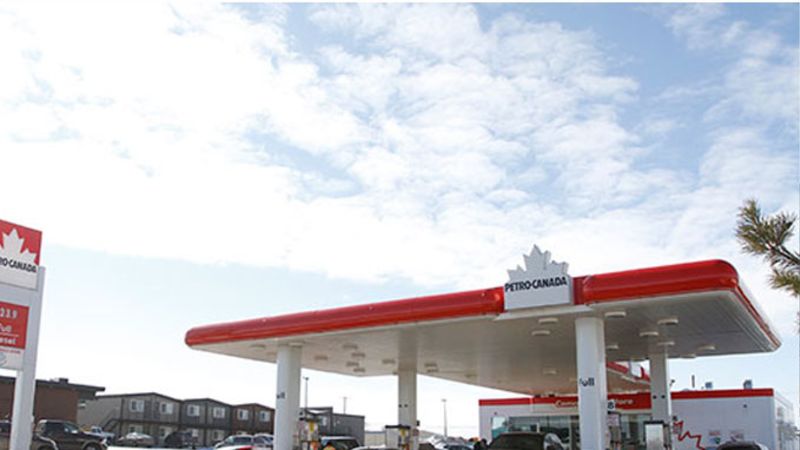
Liberal plan to repeal mandatory minimum sentences, receiving mixed reviews
The president of the union representing legal aid staff and lawyers in Saskatchewan, says the Liberal government’s recent bill that will put an end to mandatory minimum sentences for drugs and some gun related crimes, is a missed opportunity and fails to address some bigger, more complex issues.
Julia Quigley, who is also a legal aid lawyer in Prince Albert, told paNOW she is cautiously optimistic about the bill. She noted indigenous peoples and other minority groups are disappropriately impacted by mandatory minimum sentences. She also explained the sentences, brought in under the previous Conservative government, have a big impact at the bargaining table with the Crown.
“You’re automatically at a disadvantage and it actually has systemic effects as well because it induces people to go to trial when they might not otherwise so it really slows down the court process as well,” she explained, adding this can in turn have an impact on a number of other actors in the system like delaying trials, or having people languishing on remand longer.
The proposed legislation would require police and prosecutors to consider alternative measures for cases of simple possession of drugs, such as diversion to addiction-treatment programs. Quigley said the criminal justice is really good at determining guilt and innocence, but is not such a good system when it comes to dealing with complex addictions and mental health issues.


